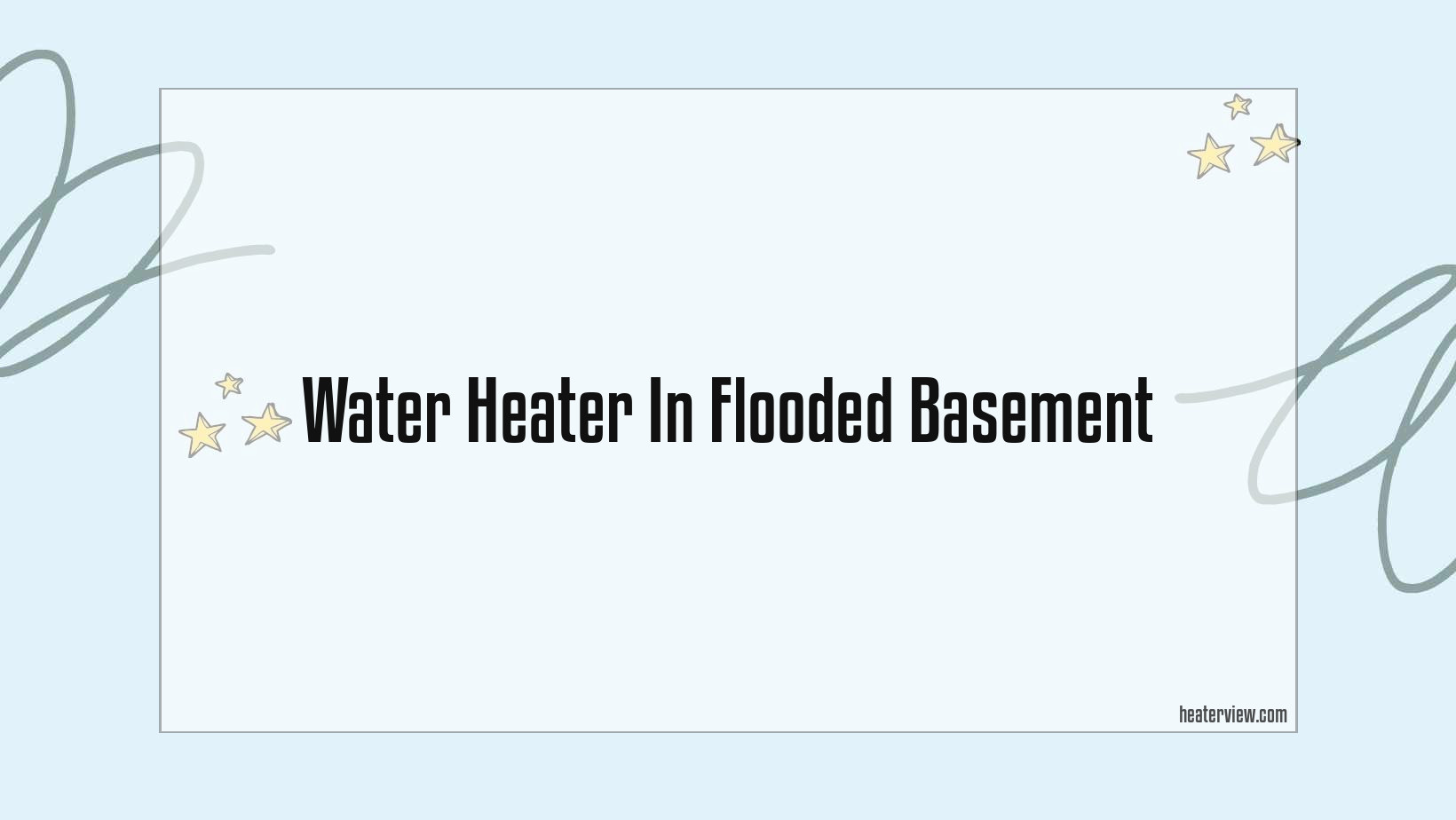If your basement has flooded, there is a possibility that your water heater has been damaged. If you have access to your water heater, it is important to inspect it for any signs of damage. Even if there is no visible damage, it is important to have a professional inspect your water heater before using it again. If your water heater has been damaged, it is important to have it repaired or replaced before using it again.
How Do You Safely Remove A Water Heater From A Flooded Basement?

If your basement has been flooded, there are a few things you need to do in order to safely remove your water heater. First, you need to turn off the power to the unit. Next, you need to disconnect the gas line. Once the gas line is disconnected, you can begin draining the unit. To do this, you will need to connect a hose to the drain valve and open it up. Once the unit is drained, you can safely remove it from the basement.
How Do You Properly Dispose Of A Water Heater That Has Been Damaged By Flooding?
If you have a water heater that has been damaged by flooding, you will need to properly dispose of it. Here is a step-by-step guide on how to do this:
1. First, you will need to turn off the power to the water heater. This can be done by shutting off the breaker in your fuse box.
2. Next, you will need to drain the water heater. To do this, you will need to open the drain valve at the bottom of the heater and let all the water drain out.
3. Once the water heater is drained, you can then remove it from its location. Be sure to be careful when doing this as water heaters can be very heavy.
4. Once the water heater is removed, you can then take it to your local hazardous waste disposal site.
By following these steps, you will be able to properly dispose of a water heater that has been damaged by flooding.
How Do You Prevent Your Water Heater From Flooding Your Basement?
If you have a water heater in your basement, there are a few things you can do to prevent it from flooding your basement.
First, make sure that the water heater is properly installed and that the tank is properly secured. Second, check the pressure relief valve to make sure it is working properly. Third, check the temperature and pressure relief valve to make sure it is not set too high. Fourth, check the anode rod to make sure it is not corroded. Fifth, check the water heater for leaks.
If you do find a leak, it is important to repair it immediately. You may need to replace the water heater if the leak is severe.
To sum it up, there are a few things you can do to prevent your water heater from flooding your basement. Make sure the water heater is properly installed, check the pressure relief valve, check the temperature and pressure relief valve, check the anode rod, and check the water heater for leaks. If you find a leak, repair it immediately.
What Are The Consequences Of Having A Water Heater In A Flooded Basement?
If your water heater is in your basement and your basement floods, the water heater can be ruined. If the water heater is gas, the gas line can break and cause a gas leak. If the water heater is electric, the electrical components can be ruined.
If you have a water heater in your basement that has been flooded, hopefully you are now clear on what to do. If you still have any questions, feel free to comment below.


